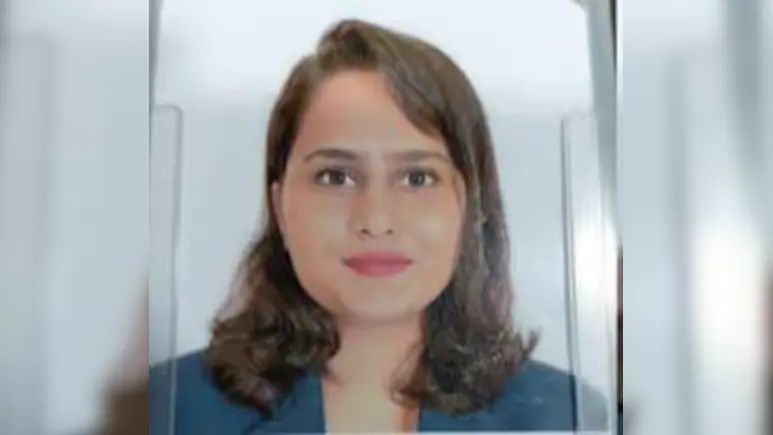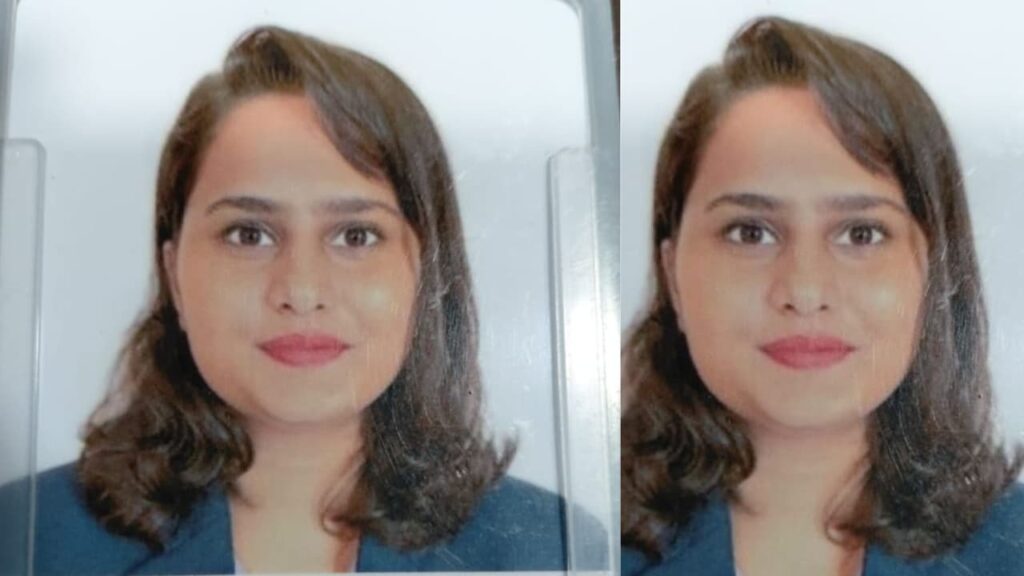YTC Ventures | Technocrat’ Magazine
Bengaluru, November 2, 2025
In a heartbreaking incident that has cast a somber shadow over the bustling IT hub of Bengaluru, a 25-year-old MBA graduate was discovered deceased in her rented apartment in the city’s Gayatri Nagar neighborhood. Authorities have preliminarily ruled the death a suicide, attributing it to the young woman’s ongoing battle with depression.
The victim, identified as Supriya from Davangere district in Karnataka, was found hanging in a room on the third floor of her residence on Railway Parallel Road, falling under the jurisdiction of Subramanyanagar Police Station. Her body, in a decomposed state, was uncovered on Saturday, November 1, after concerned neighbors and family members raised alarms over her prolonged unresponsiveness. Supriya had been living independently in Bengaluru for approximately 18 months, pursuing her career while her family remained in Davangere.
According to police statements, Supriya held an MBA degree and was employed at a private firm in the city, navigating the high-pressure professional landscape that defines much of Bengaluru’s workforce. However, those close to the investigation revealed that she had been grappling with severe depression, a condition that reportedly intensified her isolation in the urban sprawl. “She had been staying alone, away from her family, and was known to be suffering from depression,” a senior police officer told reporters, emphasizing that no suicide note was immediately found, but forensic evidence pointed unequivocally to self-inflicted harm.

The discovery unfolded when family members, unable to reach Supriya for several days, alerted local authorities. Upon forcing entry into the locked apartment, responders encountered the grim scene, prompting an immediate call for forensic teams. Supriya’s mobile phone has been seized for data retrieval, with police hoping to uncover digital footprints—such as messages or search histories—that might provide deeper insight into her final days. The post-mortem examination is underway, and a case has been registered under relevant sections of the Indian Penal Code pertaining to unnatural death.This tragedy arrives amid a troubling surge in mental health crises among young professionals in India’s Silicon Valley.
Bengaluru, often celebrated for its innovation and opportunity, has increasingly become synonymous with stories of burnout, loneliness, and despair. Supriya’s story echoes past incidents, such as the 2013 suicide of Madhu Basavaraju, another MBA graduate who took her life due to prolonged unemployment and frustration. More recently, in 2019, a 36-year-old double-degree holder ended his life in Yelahanka, overwhelmed by joblessness despite his qualifications. These cases underscore a systemic issue: the relentless pursuit of success in a competitive job market, compounded by the solitude of city life, can exact a devastating toll.
Experts warn that depression among millennials and Gen Z in urban India is alarmingly prevalent, with factors like work stress, financial pressures, and social disconnection playing pivotal roles.

“Living alone in a city like Bengaluru can amplify feelings of isolation, especially for those far from their support networks,” notes Dr. Priya Sharma, a clinical psychologist based in the city.
She advocates for proactive mental health interventions, including employer-sponsored counseling and community outreach programs.As the investigation continues, Supriya’s family—comprising her father, a mason, and her mother, who works at a private firm—grieves the loss of their daughter, who had ventured to Bengaluru in pursuit of brighter prospects.
In a statement, relatives expressed their devastation, pleading for greater awareness around mental health. “She was bright, ambitious, but the weight was too much,” one family member shared anonymously.This incident serves as a stark reminder of the invisible battles many wage silently. If you or someone you know is struggling with depression or suicidal thoughts, reach out immediately.
Helpline
Helplines like India’s National Mental Health Helpline (1-800-599-0019) or iCall (022-25521111) are available 24/7, offering confidential support. Prevention starts with conversation—let’s ensure no one feels alone in the fight.
This article is based on reports from NDTV, News18, and Times of India.
Updates will follow as more details emerge.

Comments